Alternator testing without a multimeter can be tricky, but it is possible with the right tools and knowledge. The first step is to identify the three main parts of the alternator: the stator, the rotor, and the rectifier. The stator is the stationary part of the alternator that contains the windings. The rotor is the rotating part of the alternator that contains the magnets. The rectifier is a bridge device that converts alternating current (AC) into direct current (DC).
What is an alternator and what does it do in a car engine?
An alternator is a type of electrical generator that converts mechanical energy into electrical energy. It is commonly used in automobiles and other internal combustion engines to power the vehicle's electrical system. The alternator charges the battery and powers the car's lights, radio, and other electronic accessories. When the engine is running, the alternator produces electricity to recharge the battery and power the vehicle's electrical accessories. If the battery is low or the engine is not running, the alternator will not be able to produce enough electricity to power the vehicle's accessories.
The average lifespan of an alternator is about 6 years or 100,000 miles, whichever comes first. However, this can vary depending on driving habits and conditions. If you frequently drive in stop-and-go traffic or short distances, your alternator will likely need to be replaced more often. Alternators can also be damaged by excessive heat, so it's important to keep an eye on the temperature of your engine compartment and make sure the alternator is not overworking.
If you think your alternator may be going bad, there are a few signs to look for. The first is dimming headlights or other electrical accessories. If your alternator is failing, it will not be able to produce enough electricity to power all of your car's accessories, so some may become dimmer or stop working altogether. Another sign of a failing alternator is strange noises coming from the engine compartment. If you hear a whining or grinding noise, it could be the alternator starting to fail. Finally, if your car's battery dies unexpectedly or you have to jumpstart your car frequently, that could also be a sign of a failing alternator.
If you're experiencing any of these symptoms, it's important to take your car to a mechanic and have the alternator checked. Alternators are not expensive to replace, but if they fail, you will be left stranded without any power for your car's accessories. Most mechanics will be able to test your alternator and let you know whether or not it needs to be replaced.
How to test alternators without multimeters?
- Check the drive belt for cracks or wear and tear. A damaged drive belt will cause the alternator to not function properly.
- Inspect the alternator pulley for any damage.
- Check the alternator bearings for any excessive play.
- Test the alternator by starting the engine and disconnecting the battery terminal. The engine should continue to run without stalling. If it does stall, then the alternator is not functioning properly.
- Reconnect the battery terminal and check the voltage at the terminals with a voltmeter. The reading should be between 13.5 and 14.5 volts if the alternator is working properly. If not, then it needs to be replaced.
How to test an alternator with a multimeter?
- Make sure the engine is off and the key is out of the ignition. Open the hood and locate the battery.
- disconnect the negative (-) terminal from the battery.
- Set your multimeter to DC voltage (V~).
- Touch one lead of the multimeter to the disconnected negative (-) terminal of the battery, and touch the other lead to the small post on the back of the alternator (this is where you'll be testing for voltage).
- Start up the engine and let it idle for a minute or two. You should see a reading of around 13-14 volts on your multimeter. If you don't, there may be an issue with your alternator.
- Revise the engine a bit and see if the voltage on the multimeter goes up. It should increase to around 14-16 volts. If it doesn't, there may be an issue with your alternator.
- turn off the engine and reconnect the negative (-) terminal of the battery.
Testing the alternator with a multimeter is a quick and easy way to ensure that it is working properly. If you have any doubts about your ability to do this test, or if you get readings that don't make sense, be sure to take your car to a qualified mechanic for further diagnosis.

Common symptoms of a bad alternator:
- The engine starts to misfire and run roughly.
- The battery warning light comes on on the dashboard.
- The headlights start to dim or flicker.
- The car's electrical systems start to fail, such as the power windows or radio.
- The engine stalls or dies unexpectedly.
If you notice any of these symptoms, it's important to have your alternator checked as soon as possible. A bad alternator can cause serious engine problems and leave you stranded on the side of the road.
Replacement cost of an alternator
When your car's alternator starts to fail, it can be expensive to replace. The average cost of a new alternator is about $200, but it can range from $200 to $500 depending on the type of car you have and the labor costs involved. If you're lucky enough to have a warranty on your car, you may be able to get the alternator replaced for free. Otherwise, you'll need to budget for this repair.
If your car is still under warranty, you may be able to get the alternator replaced for free. However, if your car is no longer covered by a warranty, you'll need to pay for the replacement yourself. The average cost of a new alternator is about $200, but it can range from $200 to $500 depending on the type of car you have and the labor costs involved.
If your car's alternator starts to fail, it's important to get it replaced as soon as possible. If you wait too long, the battery will start to drain and you could end up stranded on the side of the road. Fortunately, replacing an alternator is a relatively simple job that most mechanics can do in about an hour. So don't delay - if your alternator is failing, get it replaced ASAP.
Frequently Asked Questions:
Can you check an alternator by disconnecting the battery?
Yes, you can check your alternator by disconnecting the battery. However, it's important to note that this isn't the most accurate way to test the alternator. If you want to get a more accurate reading, you should take your car to a mechanic and have them test the alternator for you.
Which terminal do you remove to check the alternator?
The solution is to unplug the negative cable from the battery. This is because you are testing for voltage and want to ensure that there is no voltage before proceeding. By doing this, you can be sure that your readings are accurate and that you won't damage any of your equipment.
How do I test to see if my alternator is bad?
There are a few ways that you can test your alternator to see if it is bad. One way is to use a voltmeter. If the alternator is not outputting enough voltage, then it is most likely bad.
Another way to test the alternator is to start the car and then turn on all of the lights. If the lights dim, then that means the alternator is not charging the battery properly. If you notice either of these symptoms, then it is best to take your car to a mechanic to get it checked out.
Conclusion:
In conclusion, testing your alternator without a multimeter is possible, but it's not the most accurate way to do it. If you don't have a multimeter handy, you can use a voltmeter or ammeter to test the output of your alternator. Keep in mind that these tests are only approximate, so if you're looking for a more precise result, you should use a multimeter.


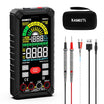

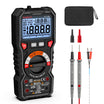
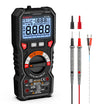
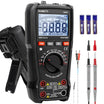
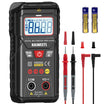
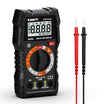
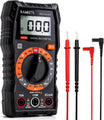
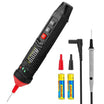


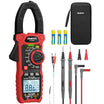
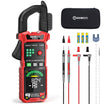

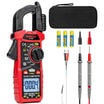


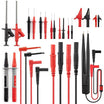



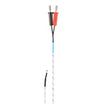


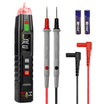

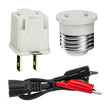
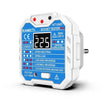

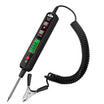


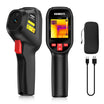

















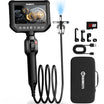
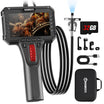










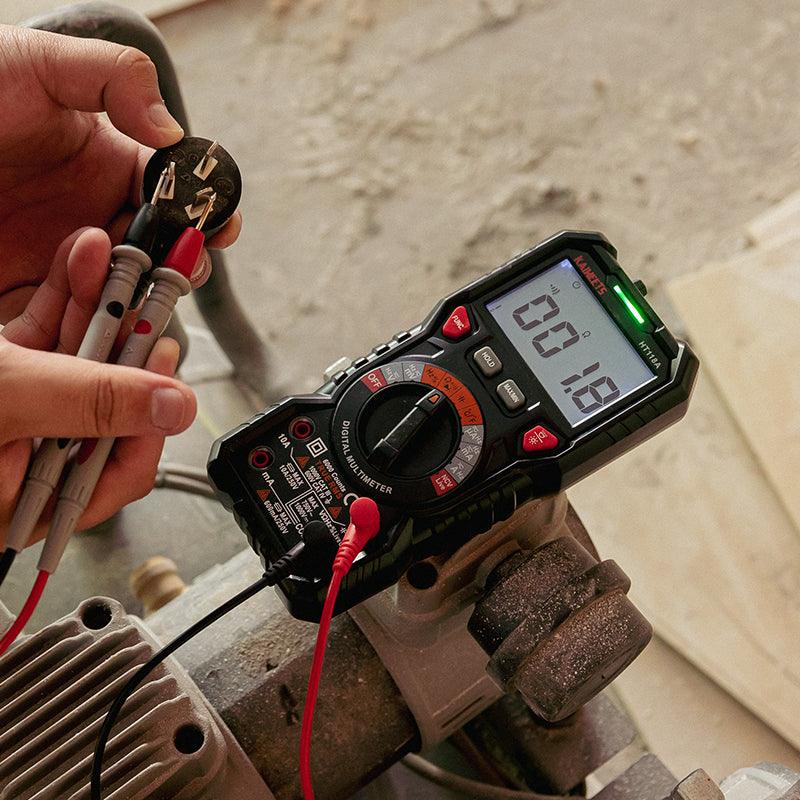
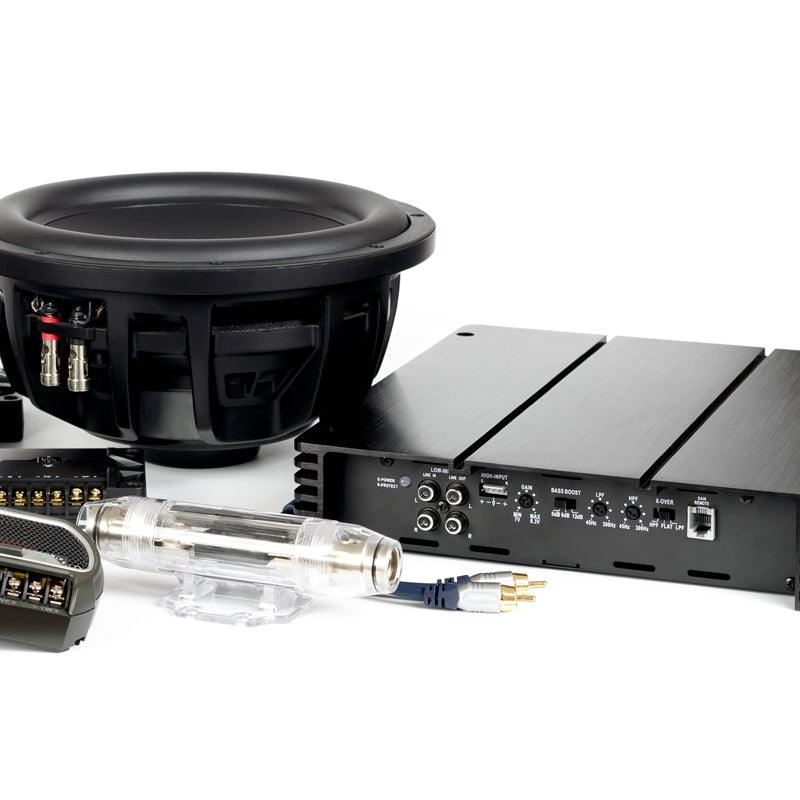

Leave a comment
All comments are moderated before being published.
This site is protected by hCaptcha and the hCaptcha Privacy Policy and Terms of Service apply.